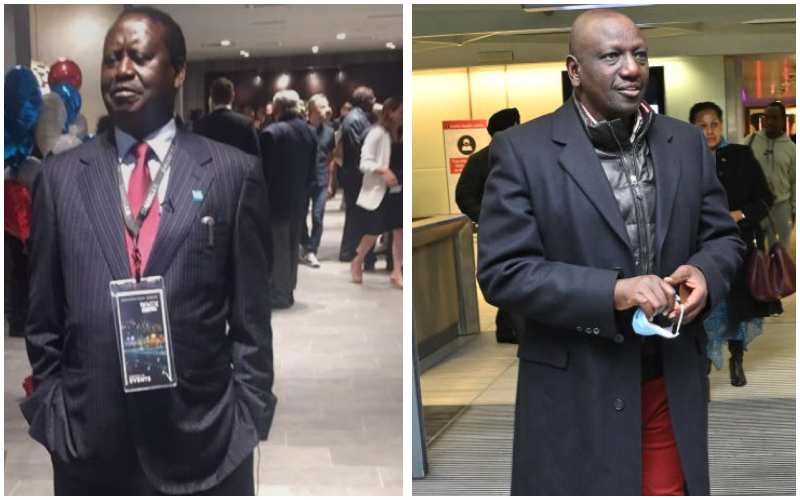×
The Standard e-Paper
Smart Minds Choose Us

The shoe is on the other foot politically for both Deputy President William Ruto and ODM leader Raila Odinga, the two front runners for the August presidential election.
In a typical case of the same script different casts, two interesting events happened last week that clearly point to Ruto and Raila reversing roles.